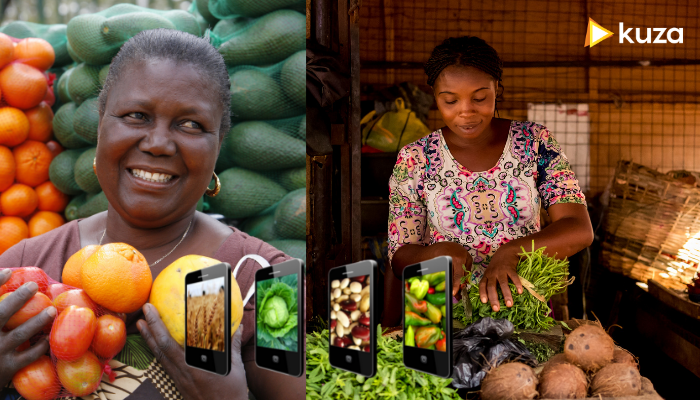You have started your small farm producing wonderful vegetables, herbs, fruits and some value-added products and you are wondering how, where and to whom will you market and sell to.
You are not alone as this is one of the challenges that various producers face; marketing and selling their farm products.
There are various ways in which you can reach consumers but first of all you have to understand the nature of the products you are producing whether they are highly perishable or not.
This will help you know the urgency you are to treat them in order to reach them to consumers before they go bad and avoid post-harvest losses.
Here are some of the marketing tips:
Direct farm sales
First you may consider selling your produce directly at the farm via a farm stand or even just from a barn or other structure on your property.
This is more convenience especially if you have built your customer base with traders who know your production cycle and just call in to buy or put orders. You can grow your customer reach during social gatherings by carrying with you samples to show.
In this, you will not have the worry of transport costs not to talk of other eventualities such as failing to sell even after moving the products to the market.
Farmers markets
You can easily identify these markets within your farm location and they always happen on a weekly basis. Most often, the markets are staggered through the week, so that farmers can sell at multiple markets.
Lucky enough, the cost of setting a shop in such market centres are not overwhelmingly high for an average farmer.
Alternatively, you can just use a table or a canopy to display your products but if you have your car or a trailer you use for transport, that can also act as your display structure when you reach the market.
Because most of these markets are open-air, you will find that the fee charged is spread through a given season so that you are not charged any money on every market day.
Community-supported agriculture (CSA) shares
This is a more structured way of selling your produce directly to consumers than a farm stand. CSA are community supported farming systems where a group of consumers come together to support your farming course for a given season or throughout a given year.
When the produce is ready you commit to supply them on a regular basis, mostly on a weekly plan.
This strategy is beneficial for both the farmer and the consumer. For the farmer, it gives you time to market your food during off-season before you embark on serious production.
It also helps in lowering your production costs owing the support you get from your consumers whom through the group you get to know better with which foods they like from you.
For consumers, they know and trust the origin of what they eat besides not getting exposed to high food prices by brokers.
Restaurants
Look around, there could be eateries within your locality you can find to sell foods to, not once or twice but regularly by securing a supply tender with them.
In this, you will have to convince them on your reliability and quality of your produce. Strive to know what chefs need and sometimes try them with alternative rare produce for an extra cash.
Internet
You may not necessarily need a website but just a social media presence is enough. Ensure that people who see your posts on Facebook, twitter or WhatsApp groups knows how and where to find you.
Be ready to answer their questions as this will boost you reach and possibility to make more sales.
Finally, make sure that you are consistent in your production venture and be in consistent communication with your usual customers so that they can count on you for their regular food supply.
























